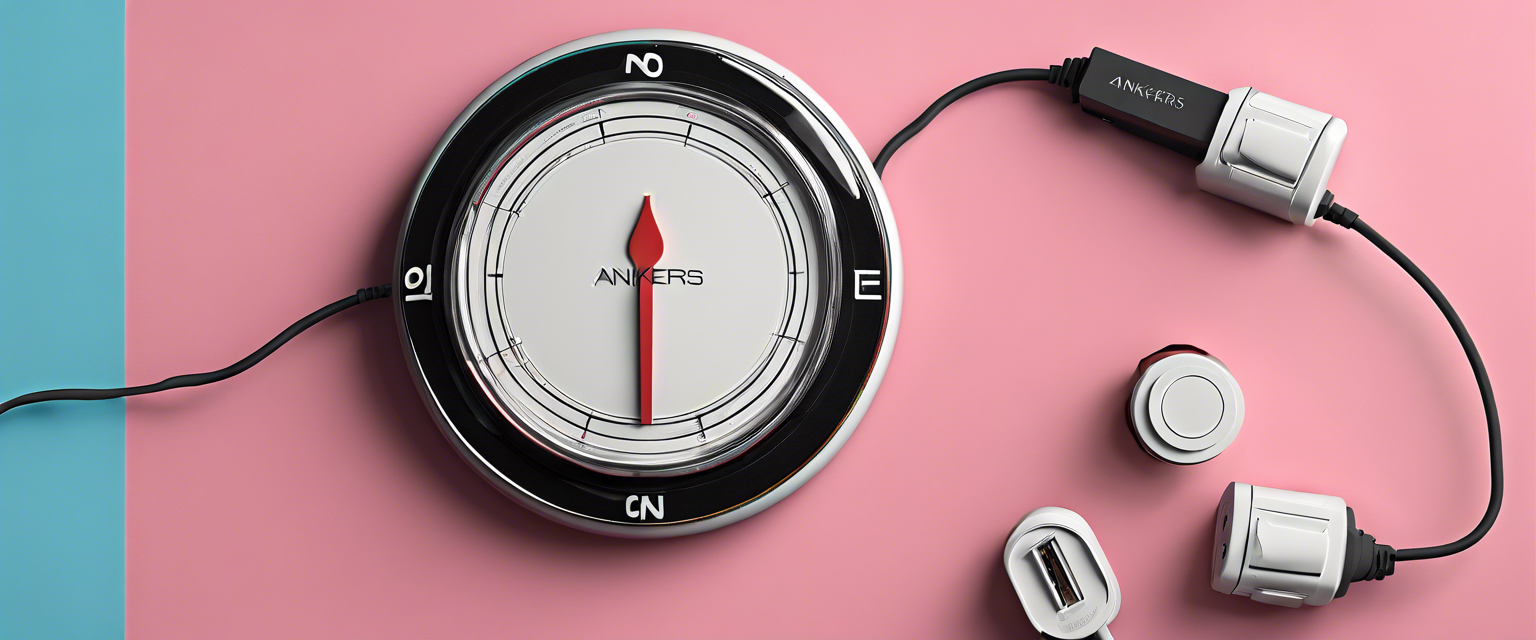Governor Tim Walz: Navigating Gig Economy Challenges in Minnesota
In a surprising move last year, Minnesota’s Governor Tim Walz became a focal point in the debate over gig economy regulations when he vetoed a bill to raise the minimum pay for Uber and Lyft drivers. This decision not only shocked progressive lawmakers but also highlighted the complex relationship between state governance and the burgeoning gig economy.
A Balancing Act Between Corporations and Workers
Uber and Lyft threatened to withdraw their services from Minnesota if the legislation passed, prompting Governor Walz to tread carefully. He expressed his concern for the reliability of transportation services for many Minnesotans, which left him in a challenging position with his progressive allies who had long advocated for fair compensation for drivers.
Response to the Initial Veto
After vetoing the initial bill, Walz acknowledged the need for protections for gig workers, stating, "I think these workers, these drivers in the gig economy — we’re looking at a brand new model of how things are done." His comments indicated a recognition of the evolving nature of employment in the gig economy while also underlining the necessity for minimum wage and protections against wrongful deactivation.
An Evolving Legislative Landscape
Fast forward a year, Walz signed a new law that raised driver pay by approximately 20%, provided improved insurance coverage for on-the-job injuries, and implemented stricter regulations on how drivers could be deactivated from platforms. The new pay structure instituted a rate of $1.28 per mile and 31 cents per minute, which, albeit lower than the initial proposal, was a step forward in the ongoing effort to establish fairness within the gig economy.
Key Features of the New Rideshare Legislation
- Driver Pay Increase: Drivers will see a pay increase of about 20%.
- Enhanced Insurance Coverage: Uber and Lyft must provide better insurance for drivers, including protections against injuries while working.
- Deactivation Regulations: Stricter guidelines will govern how drivers can be deactivated from their platforms.
Moving Towards Better Worker Protections
The recent legislation marked Minnesota as the second state in the U.S. to successfully regulate rideshare pay, following Washington state. With this new law, Walz highlighted his commitment to improving labor standards while ensuring affordable transportation for residents. He emphasized, "The idea that if you put in a hard day’s work, you get paid a fair wage for it."
Continuing Challenges in the Gig Economy
Despite these advancements, significant gaps remain. The bill did not address the pressing issue of classifying drivers as employees rather than independent contractors. Many driver advocacy groups argue that reclassification is essential for accessing benefits like minimum wage, unemployment insurance, and health care. However, in the face of strong opposition from Uber and Lyft, Walz chose not to pursue this contentious issue, leaving discussions around worker classification unresolved.
Future Implications and Political Context
Following Walz’s latest legislative maneuvering, he was announced as Vice President Kamala Harris' running mate. The implications of this selection are multifaceted, particularly given Harris' own ties to the rideshare industry through her brother-in-law and campaign advisor Tony West, who serves as general counsel at Uber.
Criticism and Support
Despite the successful passage of the new law, Walz faced criticism from various quarters, including entrepreneurs in the rideshare space who felt dismissed. However, the political landscape shifted rapidly following his vice-presidential nomination, with critics willing to set aside past grievances in light of his new higher-profile role.
Conclusion: A Look Ahead
The legislation signed into law represents an incremental step towards more robust protections for drivers in Minnesota's gig economy. Whether this will influence national policies concerning gig workers remains to be seen, as the debate over worker classification and rights continues across the country.
As the gig economy evolves, the focus on fair treatment and proper classification of workers will undoubtedly be at the forefront of political discussions on both state and national levels.
For further reading on the implications of gig economy regulations and labor rights, visit this link.



Lasă un comentariu
Toate comentariile sunt moderate înainte de a fi publicate.
Acest site este protejat de hCaptcha și hCaptcha. Se aplică Politica de confidențialitate și Condițiile de furnizare a serviciului.